One of the biggest strengths of teaching students Structured Word Inquiry is the level of independence that students develop while considering a word’s spelling. We ask them to notice predictable patterns and we teach them to ask questions that they can then investigate. We show them reliable tools to use and then slowly back away, leaving the student finding out things for themselves. Within the span of the school year, my goal is always to prepare my students to continue to wonder about words and to have the skills, the curiosity, and the understanding needed to independently investigate.
With other more traditional teaching methods, the students expect to receive information from the teacher. The teacher becomes the one who knows whether that information is right or wrong. The student does not learn to trust their own understanding. They are constantly at the teacher’s desk saying, “Is this right?”
This very attribute of Structured Word Inquiry is what quiets my chaos as I prepare lessons for my students as we go to an unexpected break. I don’t have to write out lengthy assignment directions. As long as I know my students can get on the internet, I can count on them using Etymonline, Word Searcher, Mini Matrix Maker, Google Docs, and Youtube. If it is determined that I need to send work that is not dependent on the internet, they can hypothesize word sums, make some games to play with someone, and write.
Yesterday our school was added to the list of schools who will be physically closing. Like most of the other schools, the teachers have been asked to continue to offer learning opportunities to the students. Today I sat down to do some brainstorming. If you are in a similar situation and are looking for ways to continue having your students study words with SWI, perhaps some of these ideas will work for you. This list is not in any particular order. As the ideas came to me I wrote them down.
Suggestions for At-Home Orthographic Studies
1) One of the activities I will ask them to do is the “Word Bag“. We did this earlier this year in groups of four. Each group was handed an envelope with words in it and asked to draw a circle. They had to cooperatively decide what fit inside the circle, and what did not. They had to write a word sum to show they understood the structure of the words inside the circle and how they all shared a base. They also had to write a note to explain why the words outside of the circle did not fit. As part of at-home work, I will ask students to create their own word bag. I will use this example in explaining what I want. It shows that we use no more than 10 words and that some are there, not because they fit, but because they are similar in some way without being related in meaning or in spelling. For so many years, my students went without the understanding that morphology brings to spelling. This practice will be valuable!
Whether they show them to their family or save them for when we reconvene, they will spend time thinking about words and word sums! I’m thinking of inviting students to Zoom on some of those days so we could do one together. This idea is one I first read about at Lyn Anderson’s blog, Beyond the Word. Check it out HERE. She was working with very young beginning readers. If your students are kindergarten, 1st, or 2nd, I recommend you look around at Lyn’s blog. There may be other activities that you will know how to incorporate! I have also read about the use of this idea at Rebecca Loveless’ blog. Check it out HERE. It was at Rebecca’s blog that I first heard of having the students create their own word bag. The students she was working with were also at beginning reading level.
4) Conduct a word investigation. Ask the student to choose a word to investigate. Perhaps they will come across an intriguing word while reading a book, having a family discussion, completing some chores, or even playing a board game with their family. Maybe they will come across a word that catches their attention while studying their math, social studies, or science. I would supply them with a checklist so they collect the kind of information you want them to collect. Here is an example of a checklist I use towards the beginning of the year. At this point, my students know what kind of information is most handy, but without a teacher “check-in” the parents might appreciate such a checklist.
My students know that the amount of information they are able to find varies from word to word. It might be a good idea to include links to Etymonline, Word Searcher, and Mini Matrix Maker. For help with writing the word in IPA, my students use ToPhonetics.
They may not be able to make a poster, but they could make a booklet with regular sized paper. They might also use either Google Slides, Power Point, Prezi, or any other creative presentation tool to share their findings. Perhaps I will be able to offer them the opportunity to share their presentations via Zoom with me and any other interested students!
Here is an example of small group work my students did last year when they collaboratively chose a word and investigated it. They originally created these as podcasts, but we extended them by adding images and made videos. Perhaps you have a student who would enjoy taking it this far on their own or by involving their siblings or family!
5) Have them google what a portmanteau word is. Once they have a definition of one, ask them to collect some examples of portmanteau words. There is an exceptionally long list at Wikipedia. Ask them to read through the various collections to find the ones they find most fascinating. Have them write the two words that became the one. Perhaps they can also collect images or do some drawing to illustrate a few of the collected portmanteau words.
6) Have them google what an oxymoron word is. Once they have a definition of one, ask them to collect some examples of oxymorons, in a similar manner as they did for portmanteau words. I like to incorporate this type of learning because they see how playful our language is!
7) There are some great Youtube videos that are student friendly. My students love watching this Greek Alphabet song. They almost have the Greek alphabet memorized because of it.
8) Another great video is one by lexicographer Erin McKean. It is a TED talk called “Go Ahead: Make Up New Words!” This makes such a great point about dictionaries being a reflection of the people who use them rather than an authority about how people should use words. Again, it also brings forth the notion that we can have fun with words.
9) The last Youtube recommendation is any of Arika Okrent‘s videos. My students are as intrigued by the illustrator of her videos as they are with the information shared. We often watch them twice because of that. Here is just one example of what I mean. Her Youtube channel is filled with videos!
10) Now how about some creative writing! I love to suggest story or poetry writing using a prompt that is unexpected. My students may furrow their brow at the first mention of the topic, but what they write is always amazing! So what if the writing was from the perspective of a prefix or maybe a bound base. Not only would they bring out their creativity, but they would be highlighting what they understand about their chosen topic. I have done this in the past in science. Possible topics were producers, herbivores, carnivores, detritivores, etc. Some spoke generally and some named a specific herbivore/carnivore, etc. They revealed who/what they were in the last line of their poem.
Possible topics in this situation might be:
~~bound bases
~~free bases
~~prefix
~~suffix
~~connecting vowel
~~compound word
~~word sum
I’m sure you could think of other possibilities as well. If a story is what the writing leads to instead of a poem, that’s great too. The point is to have the opportunity to think about what each of these are and what their role is in creating words.
11) Make a board game. Just last week, I had a student finish a board game that he created in which he was reviewing the assimilated prefix family <sub->! He drew out a game board on paper and cut out cards with words that had an <sub-> prefix or one of its assimilated forms. Using a dice he explained that each person had to collect four cards to finish the game. You went around the board as many times as needed. If you could explain why the particular prefix was being used (perhaps why <sup-> was used instead of the default prefix <sub-> with a base like <ply>), you could keep your card. He and a friend played it several times and they both determined it was fun!
So! Those are some suggestions for you. I will be assigning several of them, depending on how many days we are away from our regular learning environment. If I think of some more, my brain will make my eyes pop open sometime around 1:00 am this morning. That is what usually happens. In the morning I will reconsider those middle-of-the-night thoughts and add them to this list if I think they would be helpful to you.

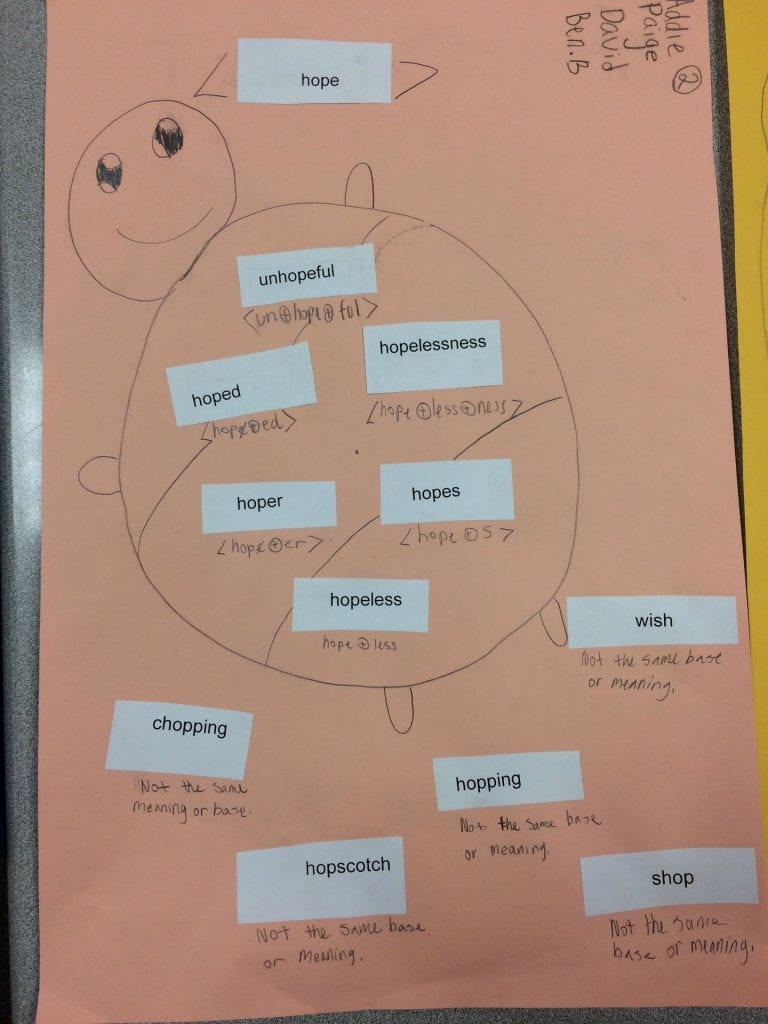
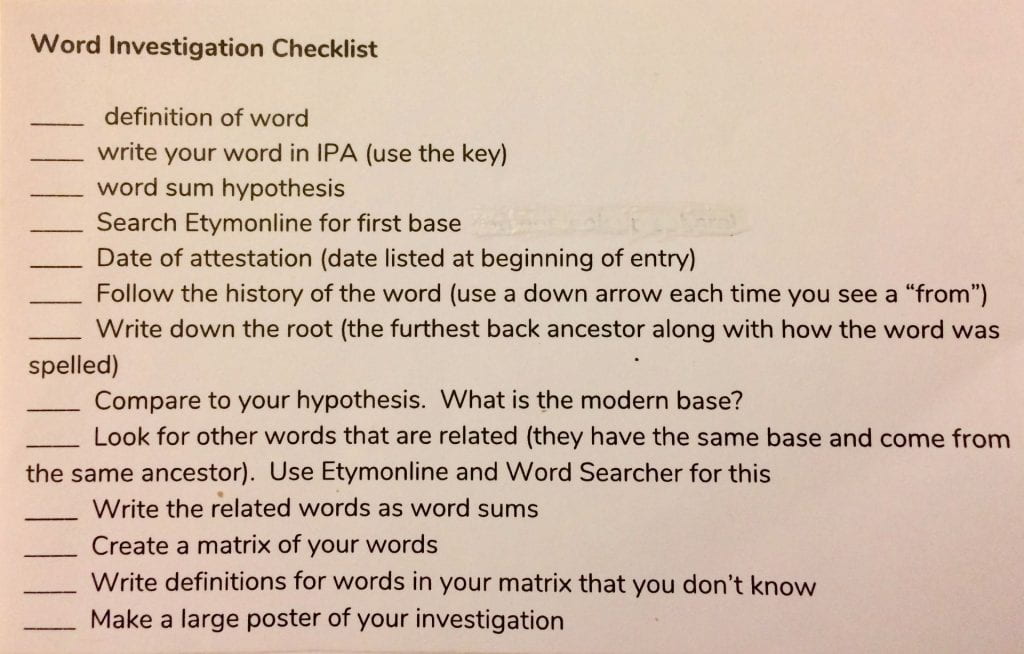
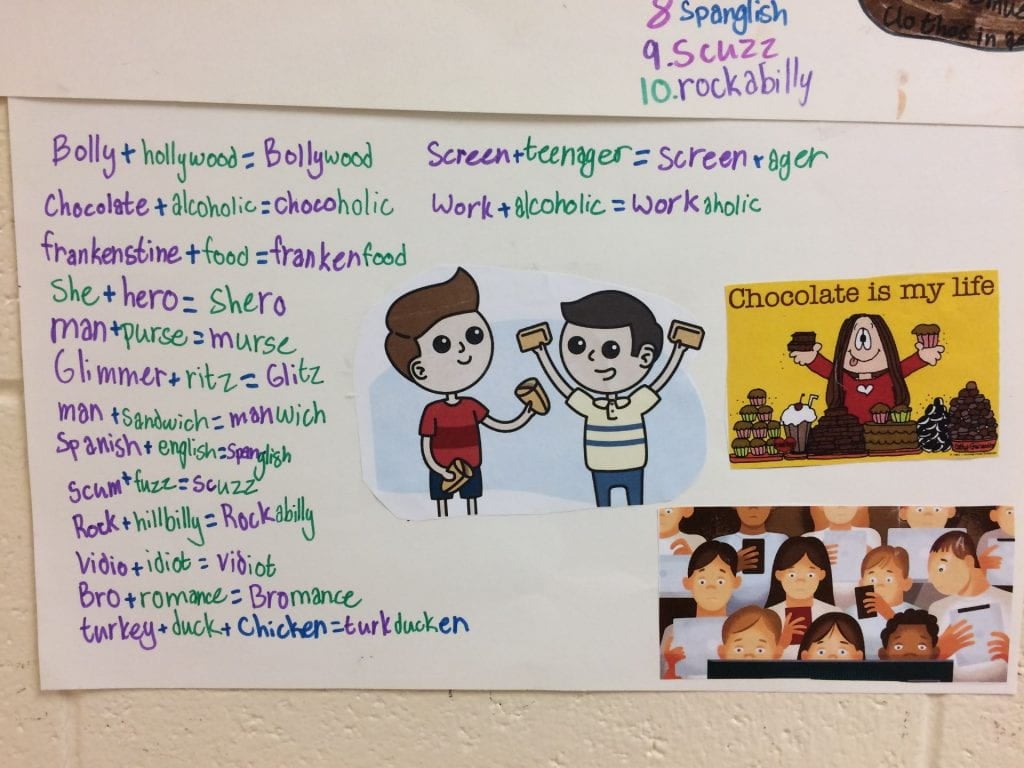
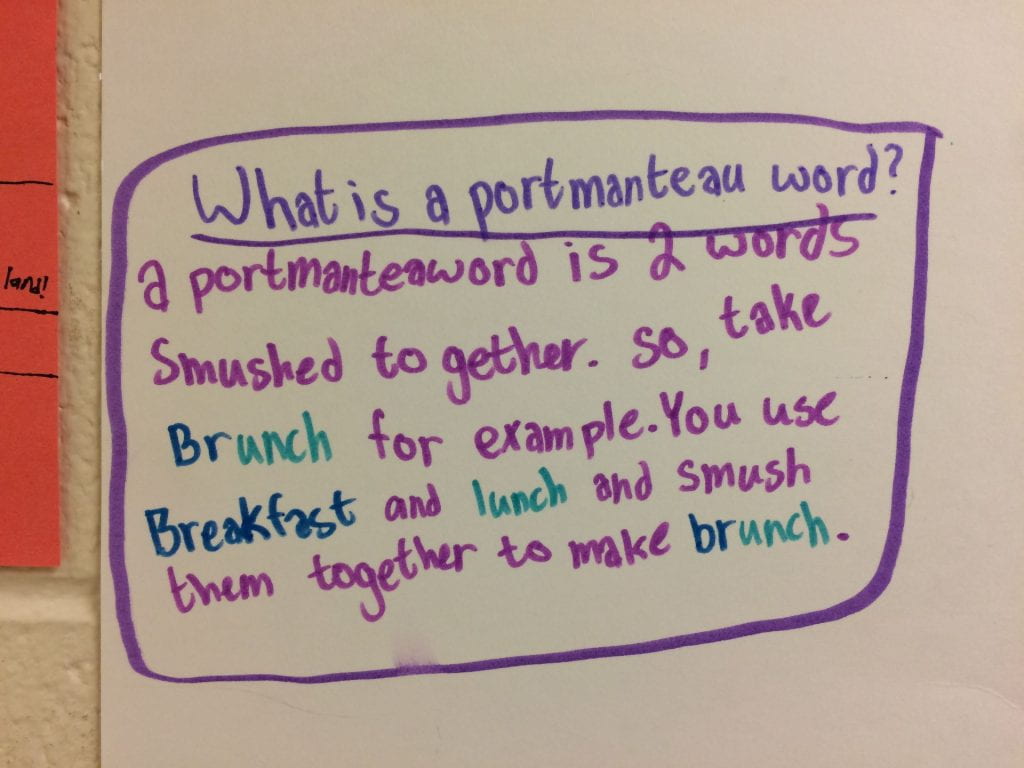
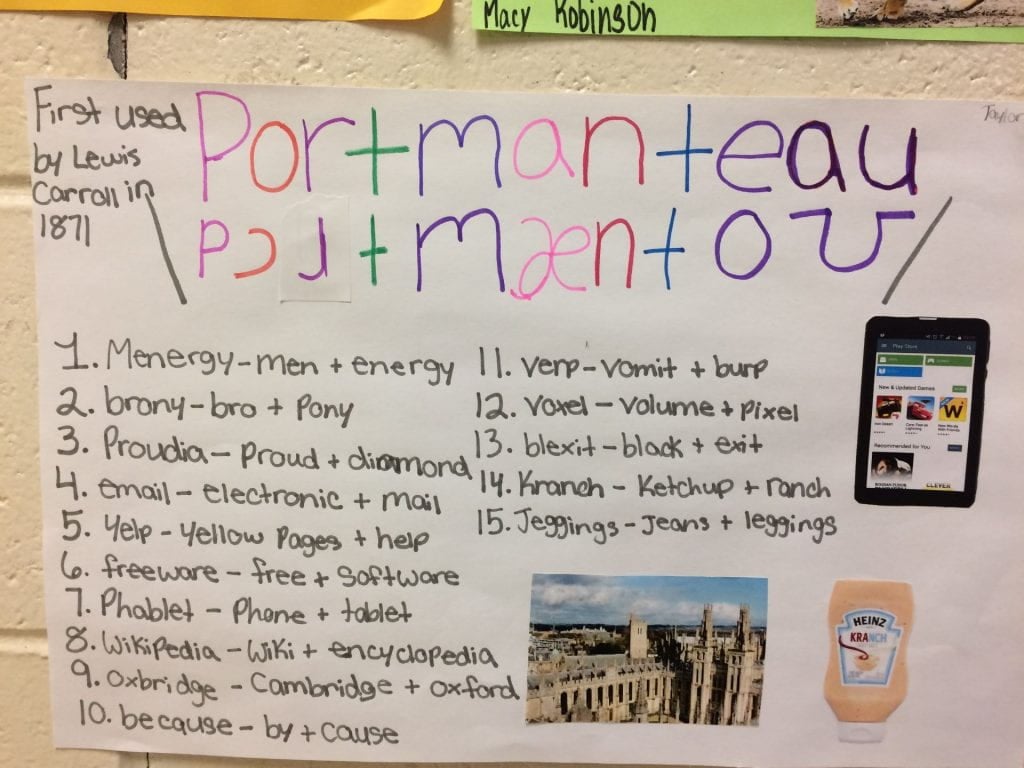
Thank you very much for sharing! These are excellent activities leading to many discoveries while we are apart. They will be so excited to share what they have learned because they were curious. Curiosity = the main discovery we want for them!
:)Sharon
Thank you for sharing these wonderful ideas! Learning can indeed continue.